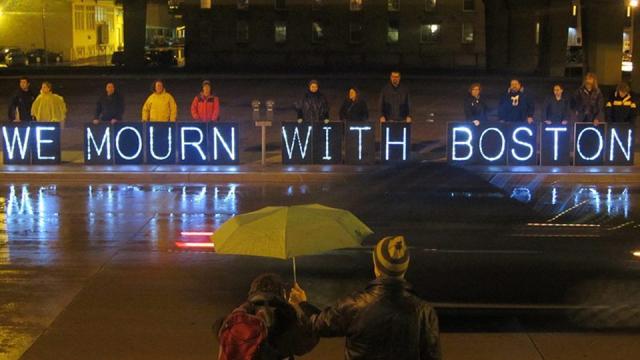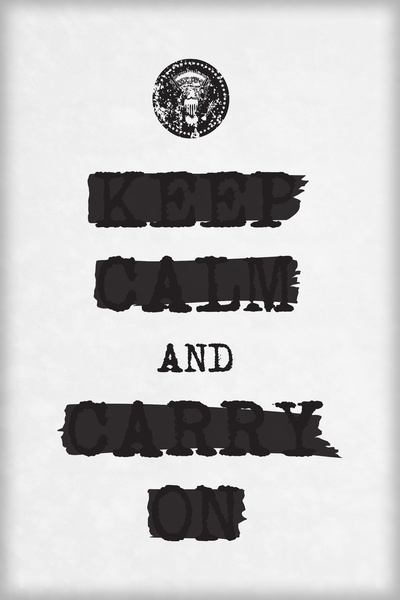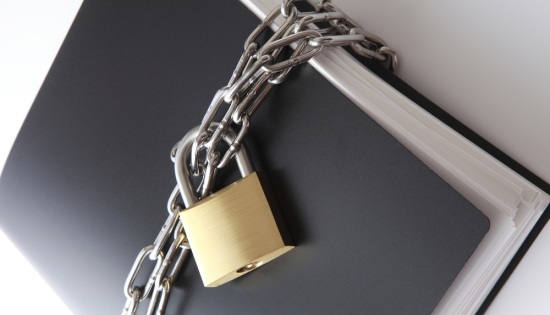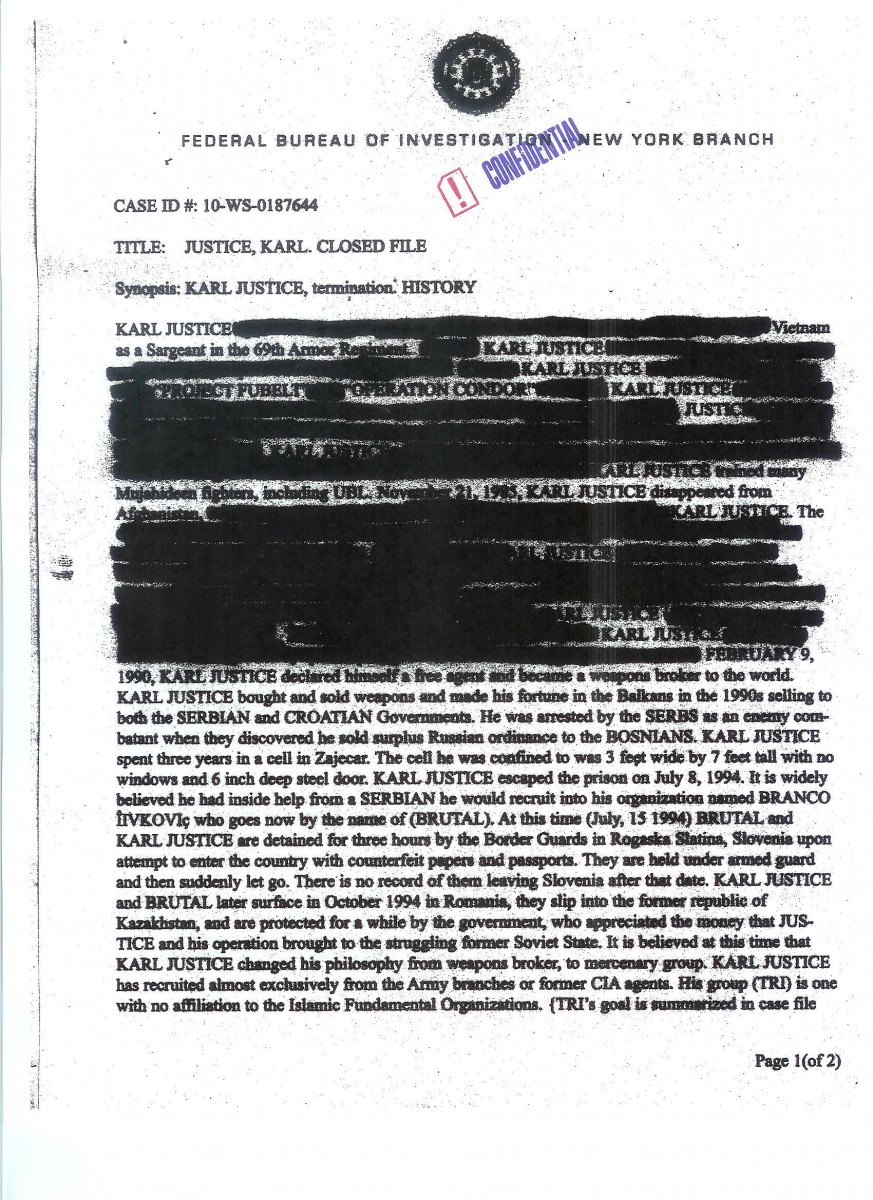
"It is desirable that proceedings should take place under the public eye...because it is of the highest moment that those who administer justice should always act under the sense of public responsibility, and that every citizen should be able to satisfy himself with his own eyes as to the mode in which a public duty is performed." - Justice Oliver Wendel Holmes, Cowley v Pulsifer, 1884
An act of terrorism that killed three people and injured scores of others, gripped the nation and its media landscape in fear, and briefly locked down a major American city in a stunning display of martial law, winds its way through the legal system cloaked in a shocking amount of secrecy.
A Thick Cloud of Secrecy
Start with this: in the case of the surviving accused bomber, Dzokhar Tsarnaev, 27 of 69 numbered court filings and/or orders are publicly available. 42 are missing entirely from the public docket.
Just as startling, however, is the breadth, depth and secrecy of the legal net the Department of Justice cast in the month following the April 15 attack. 137 criminal matters were opened, many remaining hidden from public scrutiny, just in the 30 days after the tragedy alone.
Three other criminal prosecutions stemming from Dzhokhar's case involve Dias Kadyrbayev, Azamat Tazhayakov, and Robel Phillipos, all college friends of the surviving suspect. Kadyrbayev and Tazhayakov are charged with obstruction of justice, while Phillipos is accused of lying to investigators.
These prosecutions contain 56 legal filings that are sealed from public view as well.
Ongoing investigations, medical information shielded by privacy laws, and ex-parte requests are reasons most often cited for keeping hidden what would otherwise be publicly available information.
Warrants: A Crucial Tool for AccountabilityAmong the myriad legal documents, which include a flurry of motions brought by the defense team and government prosecutors involved in Tsarnaev's case, search warrants have remained sealed since the bombing and ensuing manhunt. This of course includes warrants to this day that have been created as the investigation continues.
Warrants provide a wealth of information because they often have affidavits attached to them. Affidavits elucidate law enforcement arguments made to judges for probable cause before a warrant is issued. Crucially, affidavits and warrants enable the press and public to maintain a watchful eye on criminal investigations, according to Reporters Committee for Freedom of the Press.
While a reasonable argument can be made that the most recently-issued warrants could impede the continuing investigation, the argument to maintain warrants issued during the heat of the manhunt weakens.
No one from Tsarnaev's four-member defense team, nor Department of Justice spokesperson Christina Sterling, responded to emails requesting comment for this story.
Sterling, however, did tell Politico's Josh Gerstein in a July 18 article: "It is not unusual for search warrants to remain sealed during an ongoing investigation."
Some aspects of proceedings can become more transparent once a grand jury issues an indictment. Tsarnaev was indicted on June 27, nearly seven weeks ago.
Media and First Amendment lawyer Daniel Klau, who is also president of the Connecticut Foundation for Open Government, is worried about the highly opaque nature of the case.
"When the government starts doing its business in secret, I get very worried," he said via email. "Secrecy may be justified in some circumstances, but judges are supposed to publicly explain their reasons for sealing documents and court proceedings. That does not appear to be happening in the Boston case."
As DOJ spokesperson Christina Sterling stated to Politico, it is not unusual that search warrants, for example, are kept from public scrutiny. But just because search warrants tend to remain hidden from public inquiry for investigative reasons does not make the practice more palatable.
Perhaps just as disturbing is the fact that even Magistrate Judge Marianne Bowler and Judge George A. O'Toole, Jr.'s rulings on motions to seal -- brought by both the defense and government -- are largely hidden.
Klau insists that it is unusual, and troubling, for a judge to maintain such secrecy pertaining to rulings on whether or not to seal.
"When such rulings are sealed, it is very difficult, if not impossible, for the public to know whether a judge is giving proper weight to the legal presumption favoring access to court records and proceedings," Klau said.
Are Transparency Changes Forthcoming?
There are indications, however, that there may be a modicum of sunlight on the horizon as pressure mounts from GateHouse Media, which owns three Massachusetts newspapers.
In a July 31 letter sent to presiding Judge George A. O'Toole, GateHouse's legal representation wrote in part:
"The secret docketing practices challenged here have directly impeded the Newspapers from carrying out their important responsibility of reporting fully, accurately and contemporaneously on a newsworthy matter of paramount public concern."
While the letter does not indicate formal legal action, it certainly hints at what may become a legal challenge.
Even Magistrate Judge Marianne Bowler, whom Judge O'Toole appointed to handle some of the pre-trial matters that included Tsarnaev's arraignment, may be uncomfortable.
During Tsarnaev's July arraignment, in which the 30-count indictment was read, she stated:
"I'd also like to remind counsel of the presumption of public access to judicial documents, and that this Court frowns upon the sealing of judicial documents unless it's absolutely necessary. To date, many of the filings in this case have been sealed, and the court will look carefully in the future because the public has a right to know about the nature of the proceedings."
3 WAYS TO SHOW YOUR SUPPORT
- Log in to post comments



















